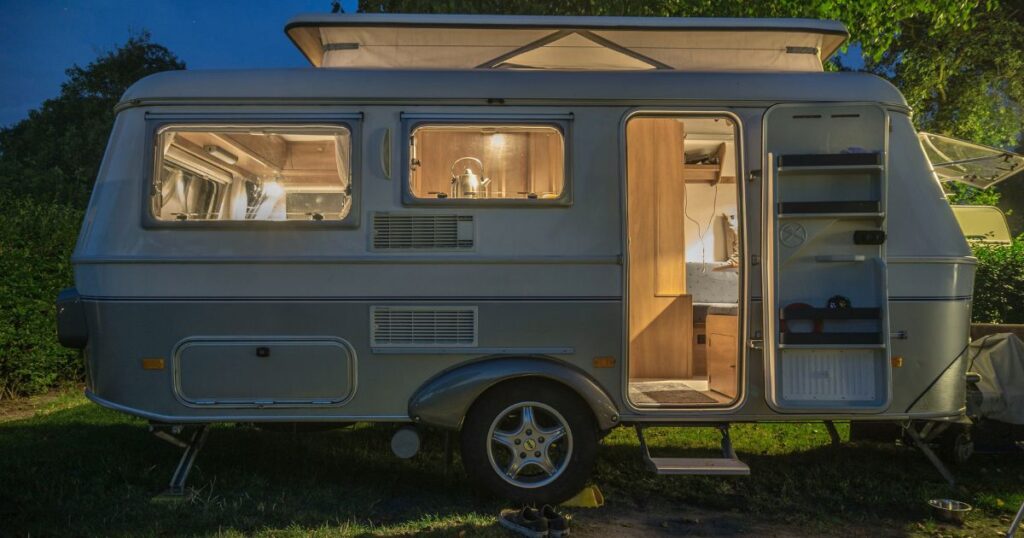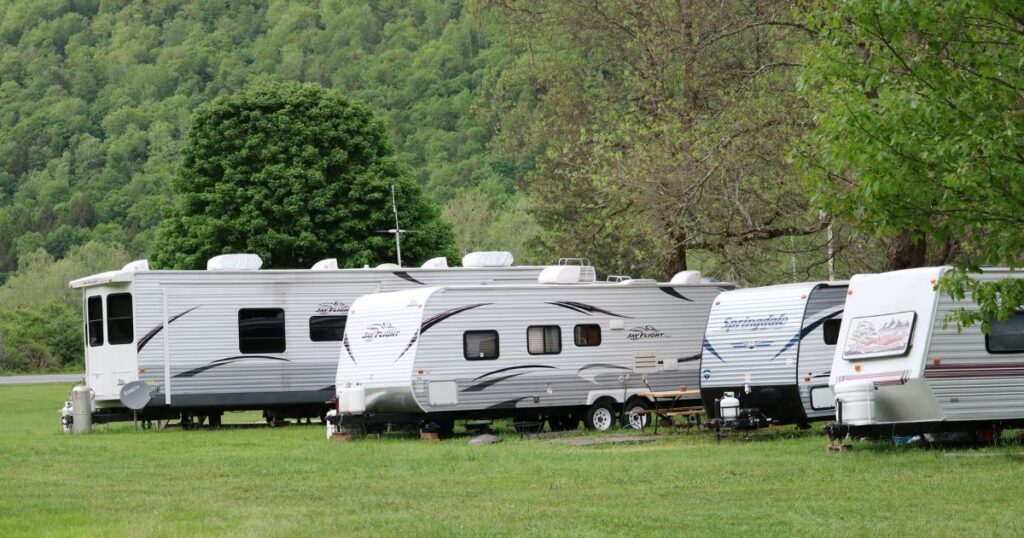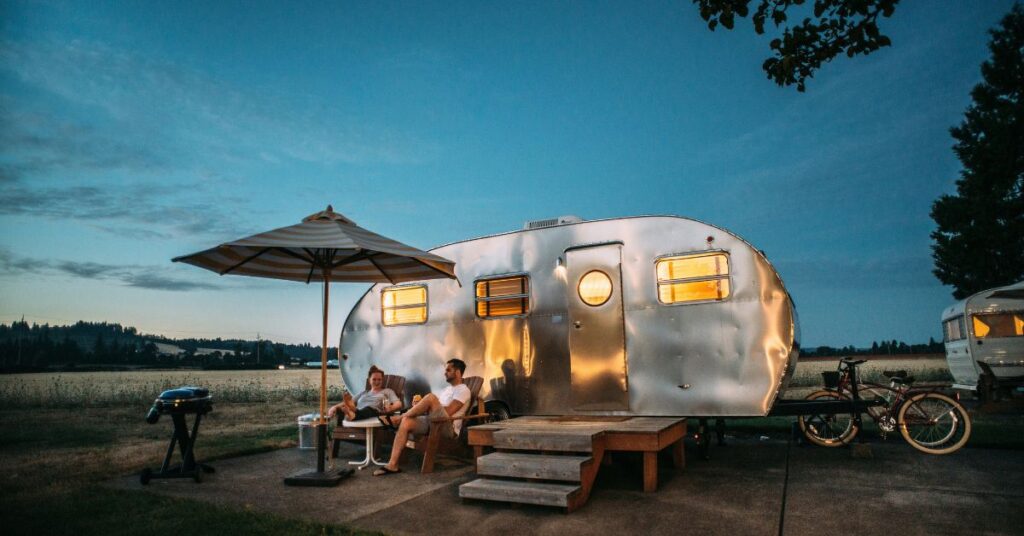Towing a caravan is a great way to explore the open road while enjoying the comforts of home. However, many people wonder whether they need insurance to tow a caravan. Understanding the legal requirements and the potential risks can help ensure you are fully covered before you set off on your journey.
Do you legally need insurance to tow a caravan?
In the UK, it is a legal requirement to have car insurance when driving any vehicle on public roads. However, there is no legal requirement for separate caravan insurance. That said, failing to check whether your car insurance policy covers towing could leave you financially vulnerable in case of an accident or damage.
Does car insurance cover a towed caravan?
Most standard car insurance policies include third-party liability cover when towing a caravan. This means if your caravan causes damage to another vehicle or property, your car insurance will cover the costs. However, this does not mean your caravan itself is covered. If your caravan is damaged, stolen, or involved in an accident, you will likely need separate caravan insurance to cover the repair or replacement costs.
Why consider specialist caravan insurance
Although it is not mandatory, specialist touring caravan insurance provides comprehensive protection. A dedicated policy typically covers:
- Accidental damage, both internal and external
- Theft and vandalism
- Fire and flood damage
- Public liability in case of third-party claims
- Breakdown assistance, which can be crucial if your caravan needs towing
Having caravan insurance ensures that you are not left with significant out-of-pocket expenses if something goes wrong. Take a look at our insurance options below by clicking the button below. Get a quote in minutes.
Towing laws and regulations in the UK
To tow a caravan legally, you must follow UK towing laws. Some key regulations include:
- Maximum authorised mass (MAM): The combined weight of your car and caravan must not exceed the legal limit.
- Licence requirements: If you passed your driving test before 1 January 1997, you can tow a caravan up to 8,250kg MAM. If you pass after this date, you are limited to 3,500kg unless you take an additional test.
- Width and length restrictions: The maximum width for towing a caravan is 2.55 metres, and the maximum length is 7 metres if towing with a vehicle weighing up to 3,500kg.
Essential towing safety and legal considerations
Ensuring your caravan is legally compliant and safe to tow is crucial. Some key considerations include:
- Tow bars must be type-approved and suitable for your vehicle.
- Towing mirrors are required if the caravan is wider than your car.
- Number plates must match the towing vehicle.
- Trailer lights and indicators must be fully functional.
Failing to comply with these regulations can result in fines and penalty points on your driving licence.
Insurance considerations for touring in Europe
If you plan to tow your caravan outside the UK, check whether your car insurance policy provides European cover. Many policies offer 30-90 days of European cover, but caravan insurance may be required separately. Some countries also have specific towing regulations, so research the local laws before travelling.
Common exclusions in caravan insurance
Not all incidents are covered under caravan insurance policies. Some common exclusions include:
- Damage caused by general wear and tear
- Theft when security measures (such as hitch locks) were not used
- Water ingress due to poor maintenance
- Damage occurring while towing if the caravan exceeds legal weight limits
Checking the policy details carefully will help avoid any unexpected surprises when making a claim.
Does a caravan affect your car insurance premium?
Adding a tow bar to your vehicle is considered a modification and should be declared to your insurance provider. While some insurers do not charge extra, others may increase premiums based on perceived risk. Additionally, if an accident occurs while towing, it could impact your no-claims bonus.
What to do if your caravan is involved in an accident
If your caravan is involved in an accident, follow these steps:
- Ensure safety first and check for injuries.
- Contact emergency services if needed.
- Collect evidence, including photos and witness details.
- Notify your insurer as soon as possible to begin the claims process.
Quick action and thorough documentation can help speed up your claim and ensure a smoother process.
Caravan storage and security: Does it impact insurance
Where and how you store your caravan can influence your insurance premium. Secure storage options, such as locked driveways or specialist caravan storage facilities, can lower your premium. Additionally, insurers often require security measures such as wheel clamps, hitch locks, and alarm systems to be in place to qualify for full cover.
Temporary and short-term caravan insurance
For occasional caravan use, temporary insurance can be a cost-effective option. Short-term caravan insurance provides cover for a specific period, making it ideal for holiday trips or occasional towing. This type of insurance can cover damage, theft, and third-party liability.
Choosing the right caravan insurance policy
When selecting a caravan insurance policy, consider the following factors:
- Cover options and exclusions
- Policy limits and excess fees
- Additional benefits such as European cover and breakdown assistance
- Reputation and customer reviews of the insurer
Summary
While caravan insurance is not a legal requirement, having adequate cover provides peace of mind and financial protection. Most car insurance policies do not fully cover a towed caravan, so investing in specialist caravan insurance is highly recommended. Understanding UK towing laws, securing your caravan, and choosing the right insurance policy can ensure a safe and enjoyable journey.


